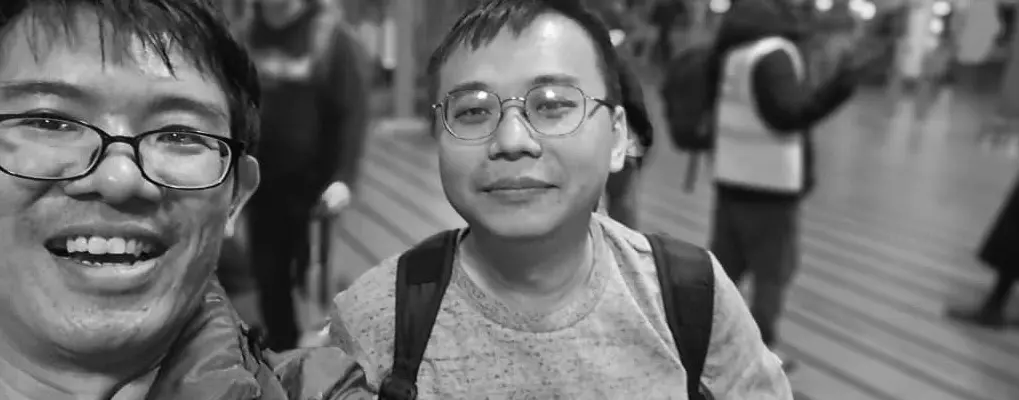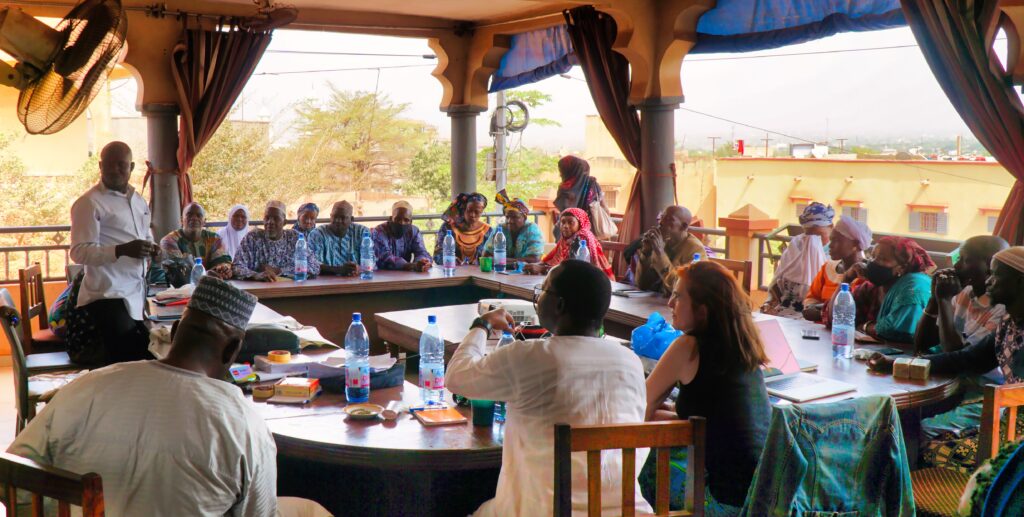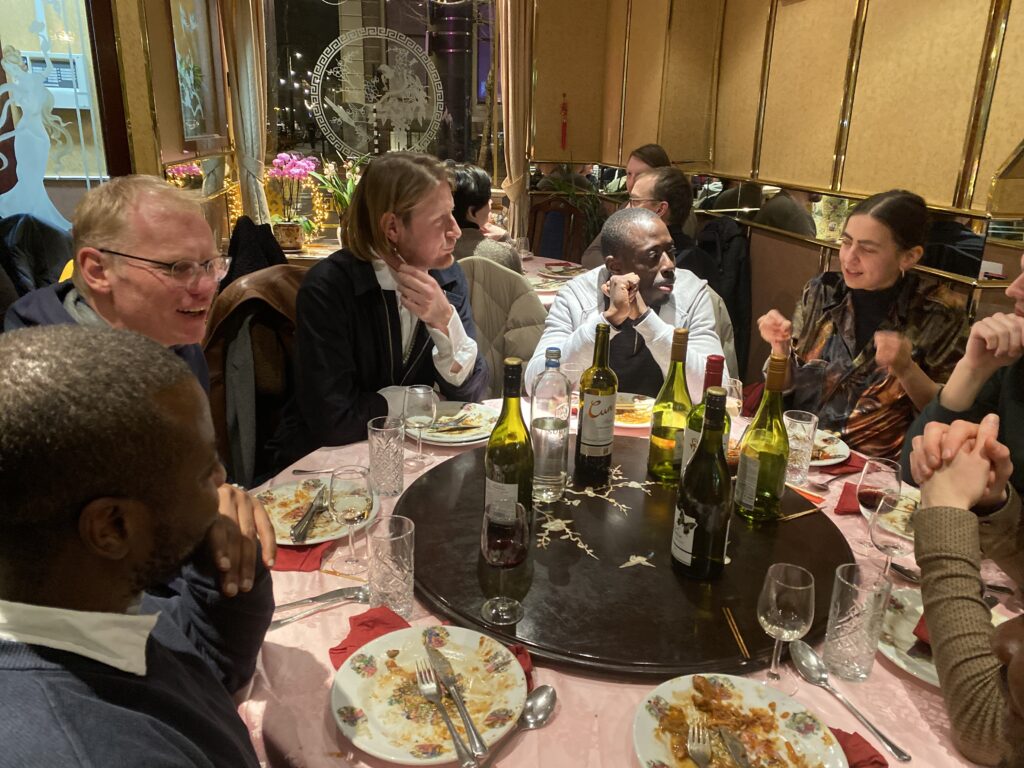-
Workshop series to increase social impact of teaching
This Blended Intensive Program (BIP) demonstrates how the LOUIS tool ( can increase impact of existing courses to develop students’…
EURIDICE meeting at Haus der Kulturen der Welt

Berlin, 14 and 15 March 2024 – a delegation of the EURIDICE dissemination team came together at Haus der Kulturen de Welt (HKW) in Berlin. HKW is one of Germany’s lighthouses of culture. It is a great privilege for EURIDICE to have HKW as one of the cultural partners. HKW will contribute to EURIDICE’s communication strategy. How can we convey EURIDICE’s key ideas to a wider public? How can we ... Read more
Digital Society study visit UNIMAS-VU

Amsterdam, 3 March 2024 – From 21 February – 3 March, a delegation from EURIDICE’s associate partner UNIMAS, the University Malaysia Sarawak, did a study visit to VU Amsterdam to prepare and co-design educational modules in the framework of EURIDICE’s master Digital Society & Global Citizenship. Dr. Cheah WaiShiang, Computer Science lecturer at UNIMAS, researcher and course coordinator, together with Mr. Sim Wai Keng MSc., in close collaboration with lecturers ... Read more
First EURIDICE Professional Life-Long-Learning Module: ICT for Social Good

Turin, Italy, February 2024. At the request of the University of Turin, Italy, EURIDICE has delivered its first Professional Life-Long-Learning module (WP4). It is entitled “Introduction to ICT4D and Interdisciplinary Applications”, and it has been delivered as part of Turin’s master degree program “ICT For Development and Social Good” (https://www.ictforsocialgoodmaster.eu/). 15 professionals in various areas of Development participated, from all over the world (Africa, Latin America, Europe, Middle East).
Kick-off in Amsterdam: a successful start

EURIDICE looks back at a fruitful and engaging kick-off meetin in Amsterdam, in which all 25 consortium partners participated.
by
Introduction to Digital Humanism – a new textbook

EURIDICE recommends this Open Access book, which discusses the subject in contexts such as AI, platform power, surveillance, democracy and technology ethics. It is written by computer scientists, philosophers, social scientists, political journalists and law experts.
by